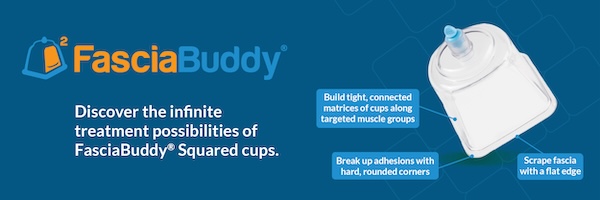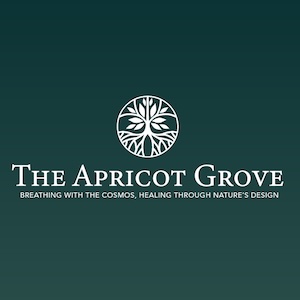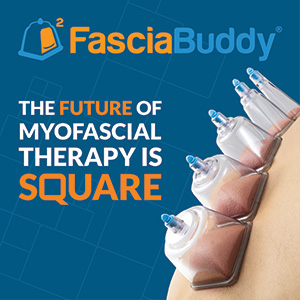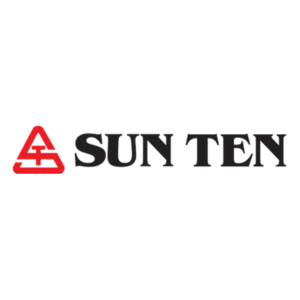Our job as Chinese Medicine practitioners is not so much to impress our ideas on patients but to cultivate a capacity and restraint to allow them to come back to themselves. Our assessment is meant to determine the patient’s understanding of their disharmony, and uncover blockages or excesses.
As trusted intermediaries, our role is to increase our awareness, bring our focus to the unfolding moment, listen from a place of genuine curiosity, and see the patients’ experiences from their perspective while letting go of attachments to a particular outcome. You may be an expert in your modalities, but the patient is the expert in their personal experiences. Our job is to help them discover their own inner wisdom, to help them chart and navigate their own path to wellness.
Zoe Brenner has engaged the practice of acupuncture with a renewable curiosity for the last four decades. In this conversation we explore the delicate world of subtle sensing, intention, and awareness as tools to help the patient emerge into a great state of wellbeing. We talk about the issues of looking too hard at a point, confirmation bias, over-treatment, and knowing where to bring our attention in the clinical practice.
Listen into this discussion on meeting patients where they are, engaging without imposing, and allowing them to emerge.
In This Conversation We Discuss:
- Fiddling with Chinese Medicine in the 70s
- Doubling down on your peculiarities
- Drawing parallels between anthropology and acupuncture
- The challenge of confirmation bias and imposing ourselves
- Intention, awareness, and allowing the patient to emerge
- “Looking too hard at a point” and mustering restraint
- Overtreatment and recognizing that more is not always better
- Knowing how to use your attention in the clinic and identifying what needs to be focused on
- Unsolved case histories – “Great failures I haven’t figured out yet.”
- Nurturing a capacity for sensing
- Acupuncture as a conversation
- Studying Chinese classics and how they’ve imbued Zoe’s work
- Finding the tools or theories that work for you and bringing yourself into that
- What can Neurofeedback tell us about how we are with patients?
Pay close attention to what the patient is communicating or not, meaning what is missing.
Do not impose yourself even pressing with palpation, but let them emerge.
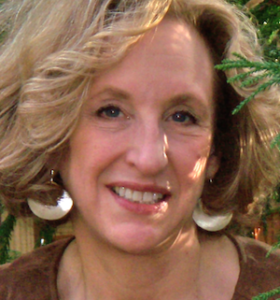 Picking a place where the journey began, it might be my B.A. in Anthropology grounding me in seeing different Worldviews. My introduction to acupuncture came through J.R. Worsley in 1976 as he presented something more intriguing that the symptom listing books available then.
Picking a place where the journey began, it might be my B.A. in Anthropology grounding me in seeing different Worldviews. My introduction to acupuncture came through J.R. Worsley in 1976 as he presented something more intriguing that the symptom listing books available then.
I learned to pay close attention to what the patient presented. I spend years learning from my patients and reading. I studied Chinese Classic texts with Elisabeth Rochat and Pere Larre absorbing Chinese cosmology. I studied with various teachers including Chinese herbs with Ted Kaptchuk. I taught introduction to classics, herbs and theory and wrote articles and chapters of books and did some research.
Then 22 years ago, I encountered Toyohari through Stephen Birch and Junko Ida. I was and continue to be enthralled by learning through palpation as it makes the theory very real and the intensive learning from observing patients, so rich. The journey continues…
Links and Resources
- .






